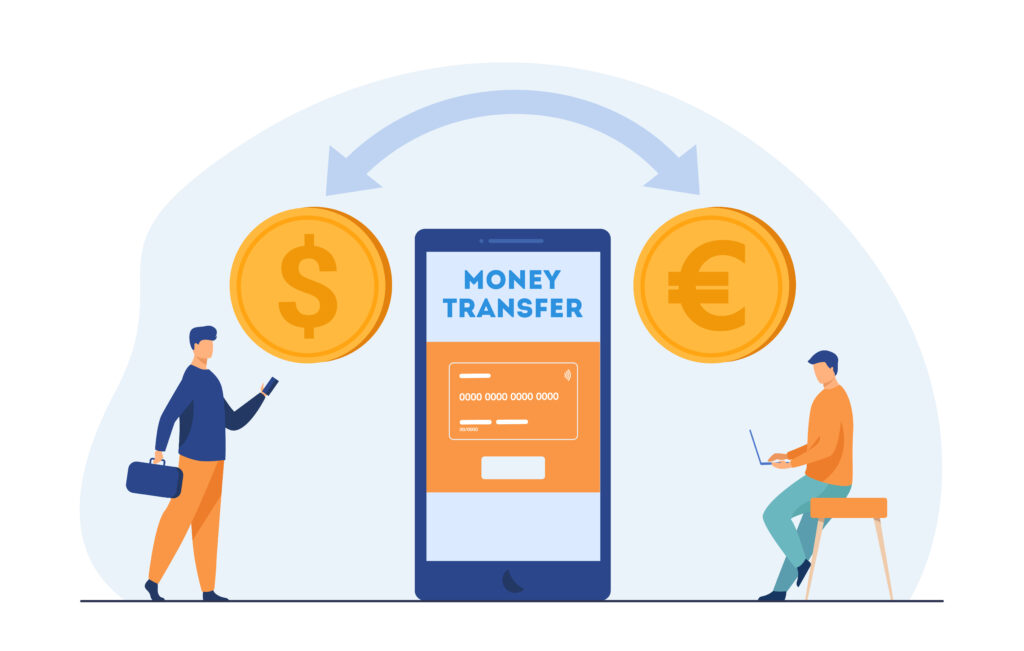In an increasingly digital world, managing your finances online has become the norm. While it offers convenience and accessibility, it also exposes you to various online threats, including fraud, scams, and identity theft. Protecting your finances online is paramount. In this article, we’ll discuss ten essential ways to safeguard your financial well-being in the digital realm.

1. Use Secure and Unique Passwords
Your first line of defense is strong and unique passwords for your financial accounts. Avoid using easily guessable passwords like “password123” or common words. Instead, create complex passwords that include a combination of upper and lower-case letters, numbers, and special characters. Consider using a password manager to generate and store passwords securely.
2. Enable Two-Factor Authentication (2FA)
Whenever possible, activate 2FA for your online financial accounts. This adds an extra layer of security by requiring you to enter a one-time code sent to your mobile device or generated by an authentication app. Even if someone gets hold of your password, they won’t be able to access your account without the second factor.
3. Beware of Phishing Attempts
Phishing emails and websites are designed to trick you into revealing your sensitive financial information. Be cautious when clicking on links or opening attachments in unsolicited emails. Always verify the authenticity of emails requesting personal or financial data and avoid providing such information through email.
4. Use Secure and Updated Devices
Ensure that the devices you use for online banking and financial transactions have up-to-date operating systems and security software. Regularly install updates and patches to protect against known vulnerabilities.
5. Monitor Your Accounts Regularly
Frequently review your bank and credit card statements for any unauthorized or suspicious transactions. The sooner you detect and report fraudulent activity, the quicker you can take action to protect your finances.
6. Secure Your Wi-Fi Network
Use a strong and unique password for your home Wi-Fi network. Avoid using default router passwords, as they are easily guessed by attackers. Enable encryption (WPA3 is recommended) to protect your network traffic from eavesdropping.
7. Be Cautious with Public Wi-Fi
Avoid conducting financial transactions on public Wi-Fi networks, such as those in coffee shops or airports. If you must use public Wi-Fi, consider using a virtual private network (VPN) to encrypt your connection.
8. Educate Yourself About Scams
Stay informed about common financial scams and fraud schemes. Familiarize yourself with tactics used by scammers, such as phishing, lottery scams, and impersonation. Knowledge is your best defense.
9. Secure Your Mobile Devices
Mobile banking is convenient, but it’s essential to protect your mobile devices. Use strong passwords or biometric authentication (fingerprint or face recognition) to unlock your device. Enable remote tracking and wiping in case your device is lost or stolen.
10. Regularly Review Your Credit Report
Order a free copy of your credit report from each of the three major credit bureaus (Equifax, Experian, and TransUnion) annually. Reviewing your credit report helps you detect any unauthorized accounts or suspicious activity that may impact your financial health.
Conclusion
Protecting your finances online requires vigilance and proactive measures. By following these ten essential steps, you can significantly reduce the risk of falling victim to online financial fraud, scams, or identity theft. Remember that staying informed, using strong passwords, enabling 2FA, and monitoring your accounts are key practices for securing your financial well-being in the digital age. As online threats evolve, your commitment to safeguarding your finances must remain steadfast.